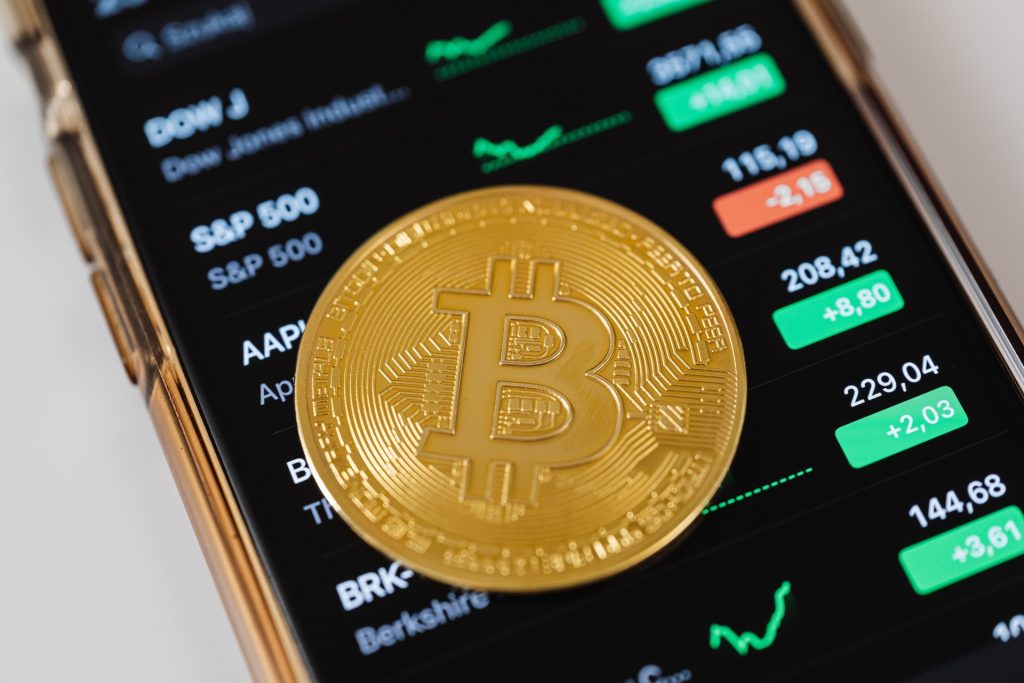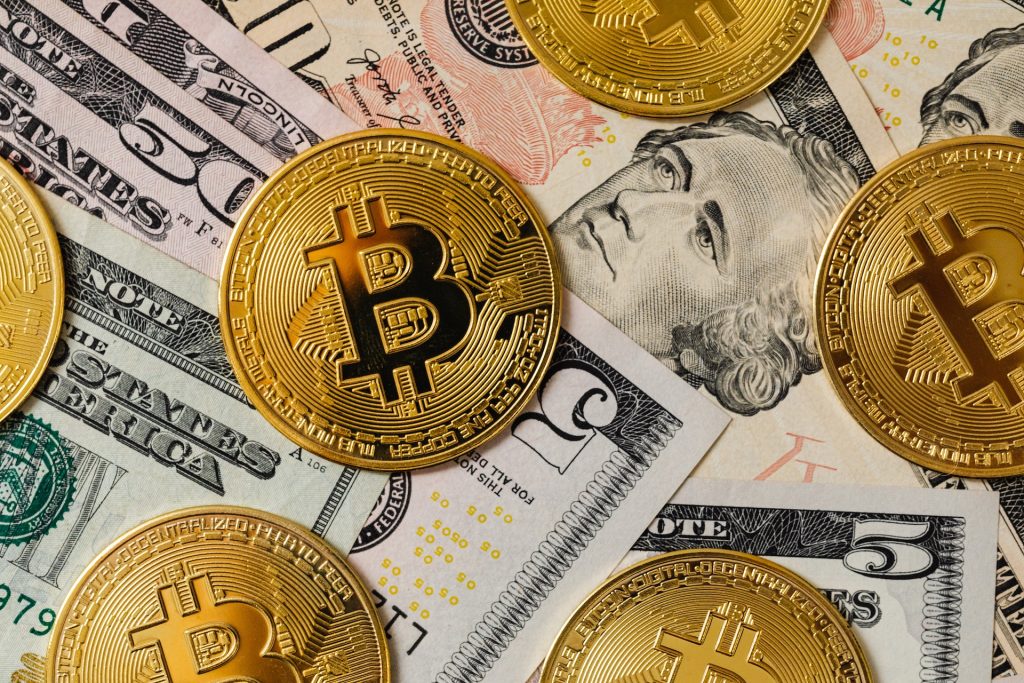Bitcoin is a highly volatile cryptocurrency characterized by extreme volatility. Its value is affected by a number of factors that can increase or decrease its price. That means Bitcoin has the potential for high rewards or risks. Understanding these factors that fluctuate Bitcoin market price and volatility can help you determine whether to choose it as an investment.

Supply and Demand
Just like other currencies and assets, supply and demand determine the value of Bitcoin. A faster increase in demand over supply hikes the price of Bitcoin as it gains value. Through Bitcoin’s halving, price appreciation has occurred due to decreased supply and rising demand.
Additionally, a higher value of Bitcoin in USD can affect Bitcoin prices. An increase in BTC to USD exchange rate increases investors’ demand as investors spot an opportunity for profit-making. Conversely, a decrease in exchange rate lowers the demand and a decline in prices.
Bitcoin has a hard cap of 21 million BTC. There will be no new Bitcoin for confirming transactions once the set cap is reached.
Institutional Adoption
More and more large institutions and companies are adopting Bitcoin. Large corporations have adopted Bitcoin in a bid to diversify and manage their portfolio, meet their clients’ demand and increase retention rates, and hedge against economic uncertainty and inflation. To satisfy these and other intentions, these corporations are buying huge orders, therefore, stabilizing the prices.
These corporations invest for the long term with huge sums of money and are less likely to sell their holdings when the market is volatile. Bitcoin investment like Tesla’s $1.5 billion in 2021 increased Bitcoin’s price by 10% in one day, stabilizing the overall market price.
Government Policies and Regulations
The government can influence Bitcoin prices by:
- Asset price regulation through selling and buying actions in international markets
- Tamping down Bitcoin obsession by saddling it with low business operations costs policies
- Controlling Bitcoin availability
For example, China’s banning of crypto coin offerings to avoid capital overflow and money laundering and Japan’s legalizing Bitcoin has highly impacted its price. China’s banning led to a $500 Bitcoin price drop while Japanese legalization spiked Bitcoin’s price by 2.8%.

Accessibility and Liquidity
The higher the number of Bitcoin users, the higher the value, thus, the higher the price. Once new platforms adopt the Bitcoin payment system, its price goes up. Some market players like exchanges have Bitcoin-based investment products like futures and mutual funds, making it easily available and accessible to a broader investor base.
Bitcoin is a relatively high liquid asset resulting from an increased number of trusted exchanges where traders can buy and sell Bitcoin and can be converted into cash. While liquidity is great for stability, changes in liquidity can swing Bitcoin prices. The higher the liquidity, the easier it is to buy and sell Bitcoin. That means, more liquidity will increase the value of Bitcoin to traders and investors.
Media Attention
Media keeps the traders and investors informed with Bitcoin news and this can work for or against its prices. Any change in the above factors is quickly published and disseminated to the public. As a result, good news for Bitcoin investors and traders increases Bitcoin price while bad news sends it down.
Endnote
The combination of the factors above impacts Bitcoin in the financial markets. As Bitcoin remains less integrated into the global financial system, its value is more volatile and subject to market sentiment. Its subjectivity to government and financial institutions’ regulations and policies can greatly cause price swings.










